Executive Summary: The Science of Effective Rehab
The Reality: Not all rehabs are created equal. The “Florida Shuffle” and luxury spa models often mask a lack of clinical depth. Effective treatment must address addiction as a chronic brain disorder, not a moral failing.
Key Indicators of Quality:
- Dual Diagnosis Capable: 60-80% of addicts have a co-occurring mental health disorder (Trauma, Anxiety, Bipolar). If you only treat the substance, the patient will relapse.
- Trauma-Informed Modalities: Top-tier centers use EMDR and Somatic Experiencing to treat the underlying pain that fuels the addiction.
- Neurobiological Interventions: Using Neurofeedback to repair the Prefrontal Cortex and restore impulse control.
Verdict: Success depends on the Continuum of Care (Detox -> Residential -> IOP -> Sober Living), not just a 30-day stay.
What Rehabilitation Centers Really Work? Navigating the Science of Recovery

The addiction treatment industry is a “Wild West.” Desperate families are often sold hope in the form of ocean views, equine therapy, and high thread-count sheets. While comfort is important, it does not cure addiction.
Addiction is a complex neurobiological disease involving the hijacking of the brain’s Reward System (Dopamine) and the dysregulation of the Stress System (Cortisol). Effective rehabilitation requires a medical and psychological intervention that rewires these circuits. This article cuts through the marketing noise to explain what clinically effective treatment actually looks like.
Part I: The Neuroscience of Addiction (Why Willpower Fails)
To understand what works, we must understand the injury. Addiction is not a choice; it is a hijacking of the survival brain.
1. The Dopamine Deficit
Drugs and alcohol flood the Nucleus Accumbens with dopamine. Over time, the brain adapts by downregulating (removing) dopamine receptors.
The Result: Anhedonia. The person literally cannot feel pleasure from normal life (food, love, sunsets). They use substances not to get high, but just to feel “normal.” Effective rehab must include protocols to repair this reward system.
2. The Prefrontal Cortex Offline
In active addiction, the connection between the Amygdala (Impulse/Craving) and the Prefrontal Cortex (Logic/Consequence) is severed. This is called Hypofrontality.
The addict knows using is a bad idea, but they cannot stop the impulse. Therapy that relies solely on “talk” often fails because the logical brain is offline. We need Brain-Based Interventions to turn the brakes back on.
Part II: The “Dual Diagnosis” Standard
The single most important question to ask a rehab center is: “Are you truly Dual Diagnosis?”
The Gabor Maté Principle: Dr. Gabor Maté famously argues, “Don’t ask why the addiction, ask why the pain.”
Substance abuse is almost always a coping mechanism for underlying untreated issues:
* Undiagnosed ADHD: Using stimulants to focus or alcohol to quiet the mind.
* Complex Trauma (CPTSD): Using opioids to numb the pain of childhood neglect.
* Bipolar Disorder: Using depressants to manage mania.
If a center treats the drinking but ignores the trauma, relapse is inevitable. A quality center will have a psychiatrist and trauma therapists on staff, not just addiction counselors.
Part III: Evidence-Based Modalities (What Actually Works)
Look for centers that utilize these specific therapies. If they only offer “Group Therapy” and “12-Step Meetings,” they are outdated.
1. Trauma Therapies (EMDR & Brainspotting)
Since trauma fuels addiction, trauma therapy is addiction therapy.
* EMDR (Eye Movement Desensitization and Reprocessing): Helps patients reprocess the memories that drive the urge to use. It reduces the “charge” of triggers.
* Brainspotting: Accesses the subcortical brain where the “cravings” live, bypassing the logical brain to release the urge at its root.
2. Somatic Regulation
Addicts live in a state of nervous system dysregulation (Fight/Flight or Freeze).
Somatic Experiencing teaches the patient how to tolerate discomfort in their body without reaching for a substance. It expands the “Window of Tolerance.”
3. Neurofeedback
Neurofeedback is a game-changer in modern rehab. It trains the brain to self-regulate.
* It can reduce Beta Waves (Anxiety/Craving).
* It can increase Alpha/Theta Waves (Relaxation/Stability).
Studies show that addicts who receive neurofeedback have significantly higher retention rates and sobriety lengths than those who do not.
Part IV: The Continuum of Care (30 Days is Not Enough)
The “28-Day Rehab” model is an insurance construct, not a clinical one. The brain takes 12-18 months to fully heal its dopamine receptors (Post-Acute Withdrawal Syndrome or PAWS).
The Gold Standard Timeline:
1. Medical Detox (5-7 Days): Safety first.
2. Residential Treatment (30-90 Days): Stabilization and deep trauma work.
3. PHP (Partial Hospitalization Program): Day treatment while living in sober housing.
4. IOP (Intensive Outpatient Program): Therapy 3-5 days a week while returning to work.
5. Aftercare: Ongoing therapy and community support.
Part V: Questions to Ask Before Admission
When you call a center, ask these specific questions to gauge their clinical sophistication:
- “Do you have a psychiatrist on-site or just on-call?”
- “How many individual therapy sessions will I get per week?” (Standard is 1; Quality is 2-3).
- “Do you offer EMDR or Internal Family Systems for trauma?”
- “What is your family program like?” (Addiction is a family disease; the family system must heal too).
- “Do you use QEEG Brain Mapping to guide treatment?”
Conclusion: Recovery is a Brain Renovation
Rehabilitation is not a vacation; it is a hospital stay for the soul and the brain. The centers that really work are the ones that treat you like a whole person—mind, body, and biology—rather than just an “addict.”
Recovery is possible. With the right combination of trauma work, neuro-regulation, and community, the brain can heal, and a life of meaning can be restored.
Explore Clinical Treatments for Addiction
Taproot Therapy Collective Podcast
Neuroscience & Regulation
Neurofeedback: Training Impulse Control
Brainspotting: Releasing Cravings
Trauma & The Root Cause
Somatic Experiencing: Healing the Nervous System
EMDR: Processing Underlying Trauma
Internal Family Systems (IFS): Working with the “Addict Part”
Lifespan Integration: Connecting the Timeline
Behavioral Skills
DBT: Distress Tolerance Skills
Scientific Bibliography
- National Institute on Drug Abuse (NIDA). (2018). Principles of Drug Addiction Treatment: A Research-Based Guide.
- Maté, G. (2008). In the Realm of Hungry Ghosts: Close Encounters with Addiction. North Atlantic Books.
- Scott, W. C., et al. (2005). Effects of an EEG Biofeedback Protocol on a Mixed Substance Abusing Population. American Journal of Drug and Alcohol Abuse.
- Felitti, V. J., et al. (1998). Relationship of Childhood Abuse and Household Dysfunction to Many of the Leading Causes of Death in Adults (The ACE Study). American Journal of Preventive Medicine.


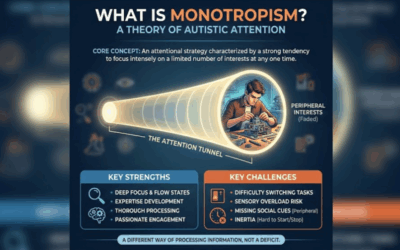
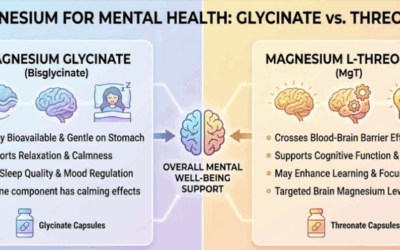
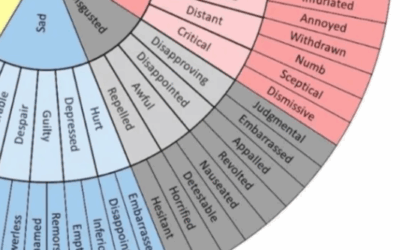







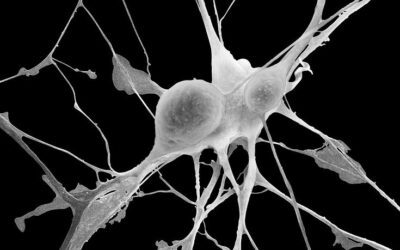
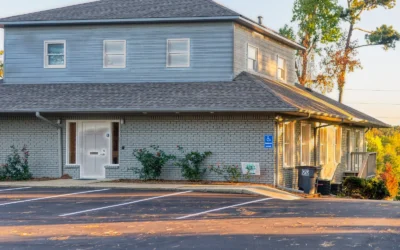


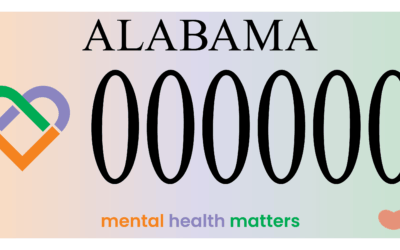










0 Comments